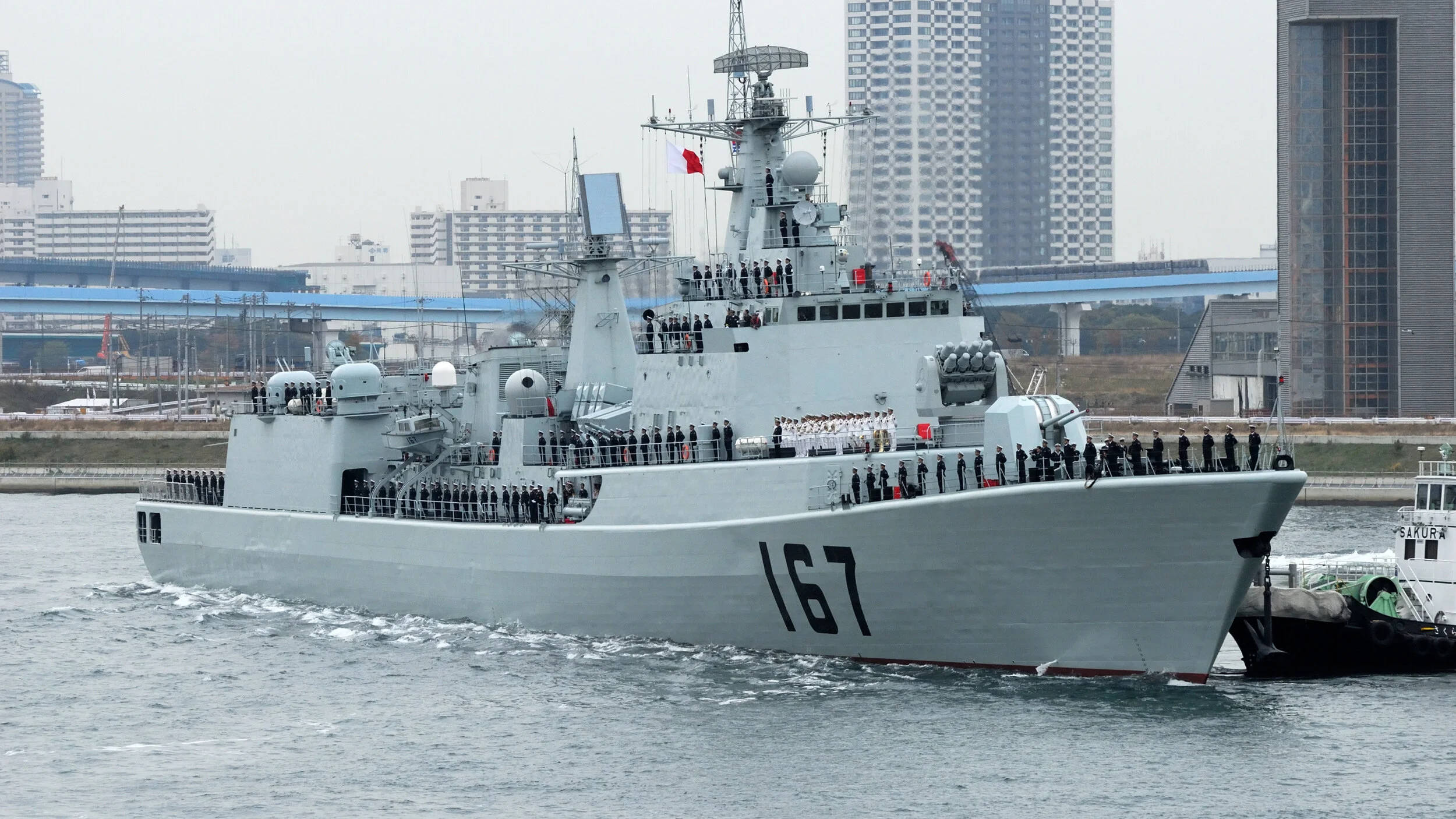Reality beckons
War is not just possible in our region - it is likely. We must be better prepared for this new reality. By Jim Molan.
Behind the loud calls of climate, gender and cancel-culture activists, many are finally beginning to hear the sound of war drums. Around Anzac Day, when we reflect on our military heritage, it is ironic that national dialogue rarely turns to our duty to veterans (past, present and future) to prepare for and prevent coming wars.
Having advocated over the past decade for greater preparation to face war in our region, finally having others hear the drums provides satisfaction, but no gratification.
Our new Defence Minister, a powerful departmental secretary and the Commander of the US Indo-Pacific Command have publicly acknowledged this in recent days. Many ordinary Australians, not just those who have personally experienced global conflict, are awakening to the sombre reality that war is not just possible in our region, but likely. I have made this case for years. Armed to the teeth, adversaries are manoeuvring ships and planes around each other, intimidating and threatening, loaded with real weapons of war, forging alliances. The second-most powerful nation (China) wants to overtake the most powerful nation (the US). This has happened 16 times in the past 500 years and war has resulted on 12 of those occasions. These odds are poor enough for us to at least start planning.
So, having recognised this probability, what should we do? Action must be shaped not by the mere existence of a threat, but by the nature of that threat.
To acknowledge a threat generically then return to routine business is, in the great tradition of the 20th-century, culpable ignorance. Many democracies did this, to their peril, in world wars I and II. We must start by articulating specific national security threats, upon which planning should be based. In my view, these are:
A continuance of the current grey-zone activities (use of paramilitary forces, militarisation of disputed features, influence and interference operations, coercive use of trade and economic levers) by China and Russia towards the democracies, but especially towards Australia;
Enhanced grey-zone conflict where our sea and air lines of communications are interrupted, remembering that Australia relies entirely on its sea lines for prosperity and defence, and the navy has very limited ability to keep even a single port open, much less escort ships at sea;
A war between the US and China, either started accidentally or intentionally, or opportunistic actions by other authoritarian states such as Iran, Russia or North Korea, and;
War in the Middle East, the source of all our petroleum products, either as a conflict in itself or opportunistically if conflict occurs between other states.
A direct attack on Australia by China without the involvement of the US is highly unlikely, but attacks on Australia as collateral through cyber, sea mines, or missile attack within a China/US war are more than likely. Subsequent military action depends upon who wins the main battles and whether the US is forced out of our region. The US is not confident it can win, given its reduced world military capability since the Cold War ended. We might be on our own.
So, is there any hope? In a word, yes. Australia has more defence potential than any nation, we just elect not to realise it. If Israel can defend itself and become more secure over decades against millions of enemies across land borders and no strategic depth, we can do as well if not better.
But optimism must be accompanied by immediate action. Many estimate that we have 3-5 years before conflict begins. However, an honest assessment of the ADF, even with its additional $270bn investment over 10 years, reveals it might be able to win one or two battles against a peer adversary, but not run a campaign, win a war, or defend Australia. Even in five years, the ADF will not be strong enough, big enough nor able to fight for long enough against a peer opponent. Soberingly, the rest of the nation is in even worse shape. We lack self-reliance in strategic industry, spare parts and reserves, and we lack resilience if things don’t immediately go our way.
Our nation must face up to some tough questions. Why would the ADF be capable of fighting a peer opponent when it is structured essentially for the kind of conflicts we have been involved in for the past 75 years?
Why would our nation have resilience and self-reliance when we have overly embraced globalisation, which has given us prosperity but not security?
Australia was at war for two years before it was really tested in 1941. Back then, we had time to train and equip young recruits. War against China will not be like that. China is approaching high readiness and would be monumentally stupid to telegraph its punches by incremental actions. When China acts, it will act decisively, mainly against US bases in the region, as the Commander of the Indo-Pacific Command has indicated, with allies as collateral, at least in the initial stage. If we thought a national vaccination effort was difficult, try mobilising an entire nation.
Unless we want to subject our current crop of 18-19-year-olds to the consequences of national security complacency, we must prepare now. The modern equivalent of the fatally flawed Singapore strategy is the belief that regardless of what we do, the US will always be there to save us. That is no longer the case. Except for detailed tactical plans, government must prepare openly, so the worst can be deterred, and we can carry the Australian people with us. If we don’t prepare now, we are culpable. Our grandchildren should never forgive us.
Jim Molan is a Liberal senator for NSW and a former chief of operations for coalition forces in Iraq. This article was first published in The Australian.

